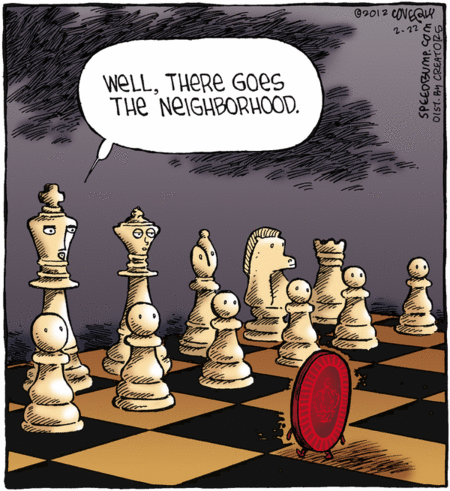Bug: Insect Appalling: Terrible/ Shocking
If you are “better off”, it means that you are in a better or more favorable position or situation. If you are better off with (something) or doing (something), it is a more preferable scenario when compared to other options or alternatives.
1. There is an expression which says, “Ignorance is bliss” (Ignorance is happiness). It basically means that some things we are better off not knowing. It’s the same as saying, “What you don’t know can’t hurt you.” Do you honestly think you would be better off not knowing something, or is it always better to know?
2. If you had to choose between losing your sight and losing your hearing, which would it be? Would you be better off being able to see or being able to hear? In the latest episode of Dr. House entitled, “Love is blind”, a blind patient is faced with a decision: he can receive treatment and lose his hearing or he could refuse the treatment and die. Initially he thought it was better off to die if he were both blind and deaf. Look at this video clip I put together: http://www.youtube.com/watch?v=86oAvp49WEg
2. If you had to choose between losing your sight and losing your hearing, which would it be? Would you be better off being able to see or being able to hear? In the latest episode of Dr. House entitled, “Love is blind”, a blind patient is faced with a decision: he can receive treatment and lose his hearing or he could refuse the treatment and die. Initially he thought it was better off to die if he were both blind and deaf. Look at this video clip I put together: http://www.youtube.com/watch?v=86oAvp49WEg
3. Our environment will be better off when we start using alternative forms of energy more and more.
4. I have a cable TV subscription, but in Brazil all of my favorite TV series are shown at least 2 to 3 weeks after they come out in the US. It’s better off downloading them and watching them immediately, than having to wait so long - even if it’s considered piracy. What do you think?




















